Recent news about neuroscience and the brain from across Columbia.
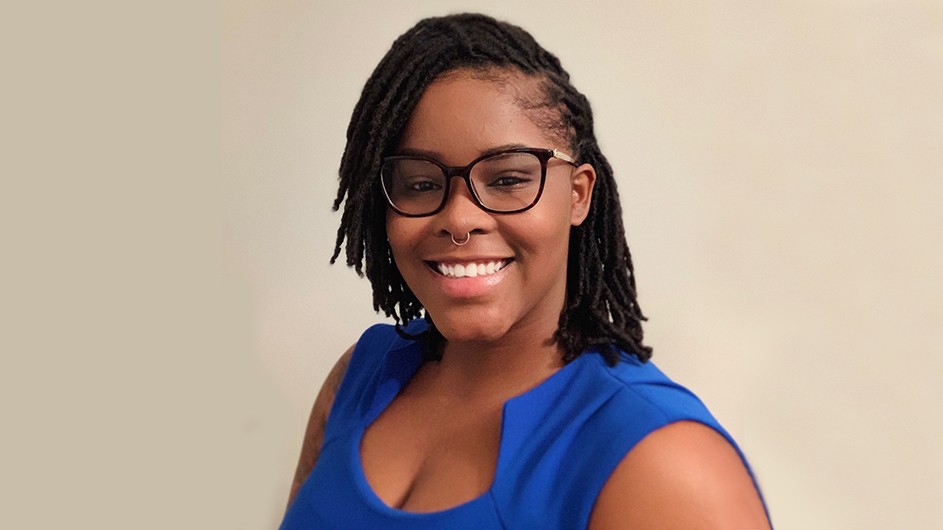
Indira Turney, an associate research scientist at the Columbia University Irving Medical Center, is studying how brains age in diverse populations.

Columbia neuroscientists identify a mechanism in the brain that tags information with emotional associations for enhanced memory.
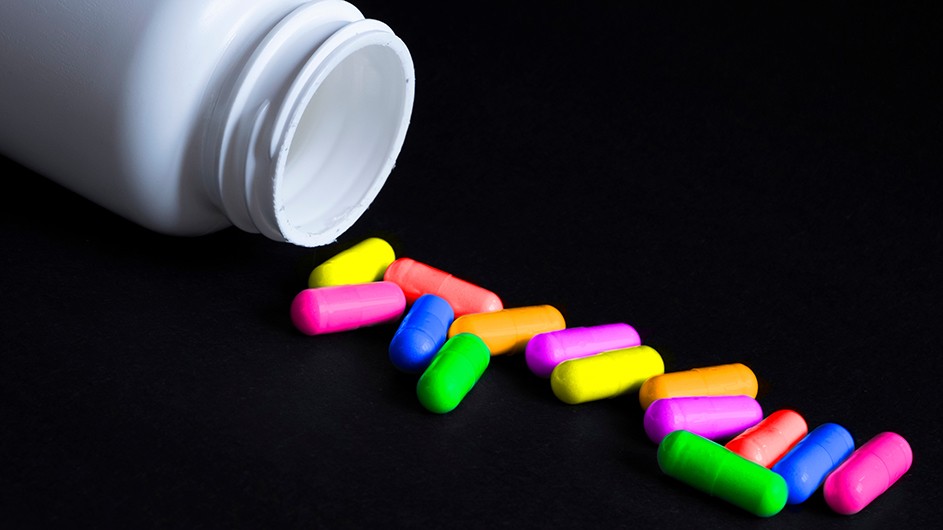
A new article highlights how an old psychedelic drug, Ariadne, may improve brain health without hallucinogenic effects.
President Lee C. Bollinger helped kick off an anniversary event with experts on vision, memory, and touch.
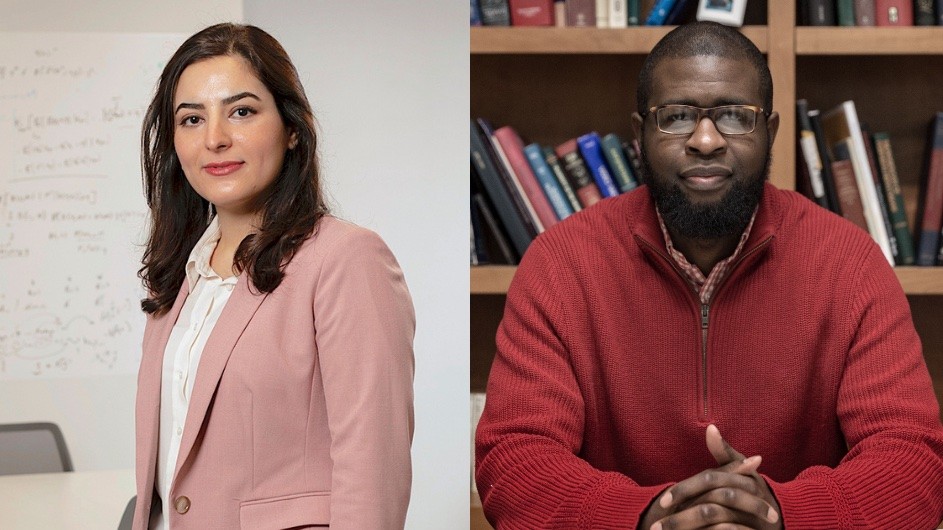
The awards will support one project on inflammatory pain and one that will guide improved breast cancer treatment.
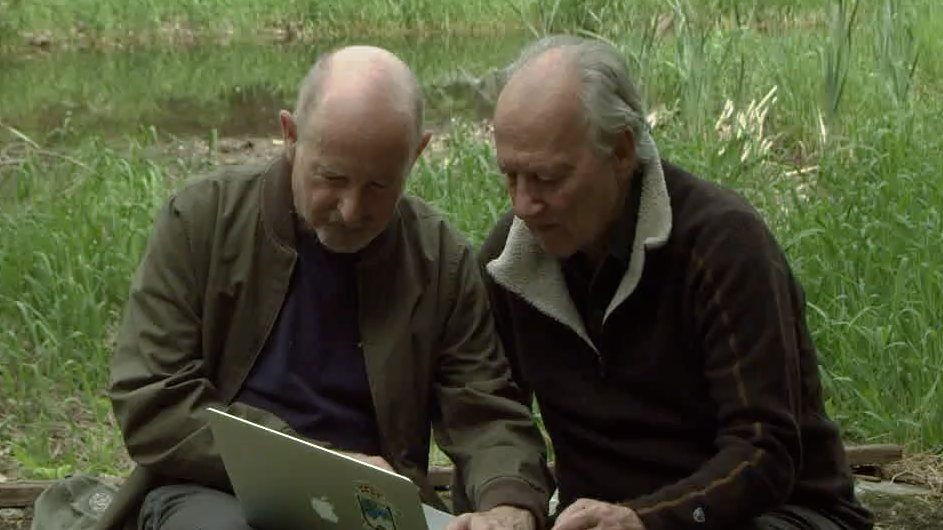
The movie, “Theater of Thought,” examines the mystery of the brain.
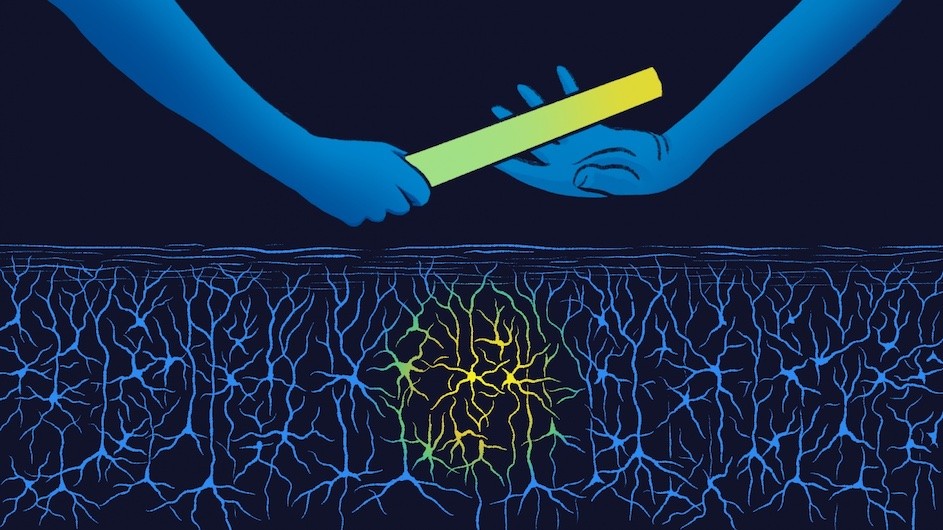
Can the neurobiology of the simplest decisions also underlie our most complex thoughts?
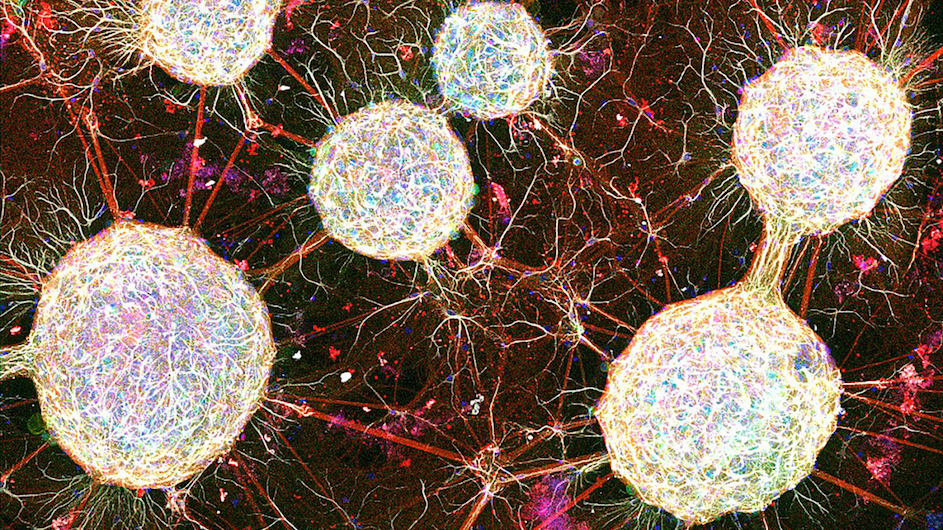
A chance observation spawns a versatile new strategy for taking on some of humanity’s most vexing psychiatric disorders.
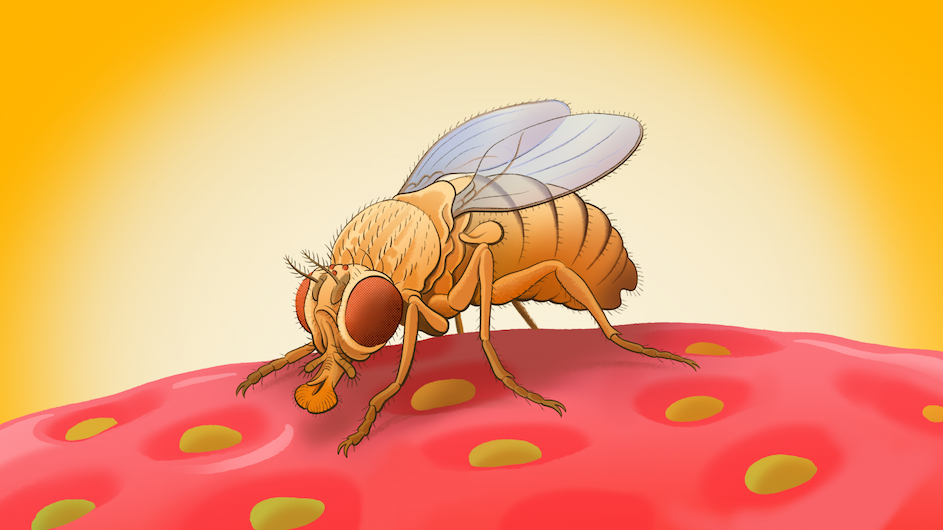
As you squash the fruit flies invading your kitchen this summer, take a moment to revere them.
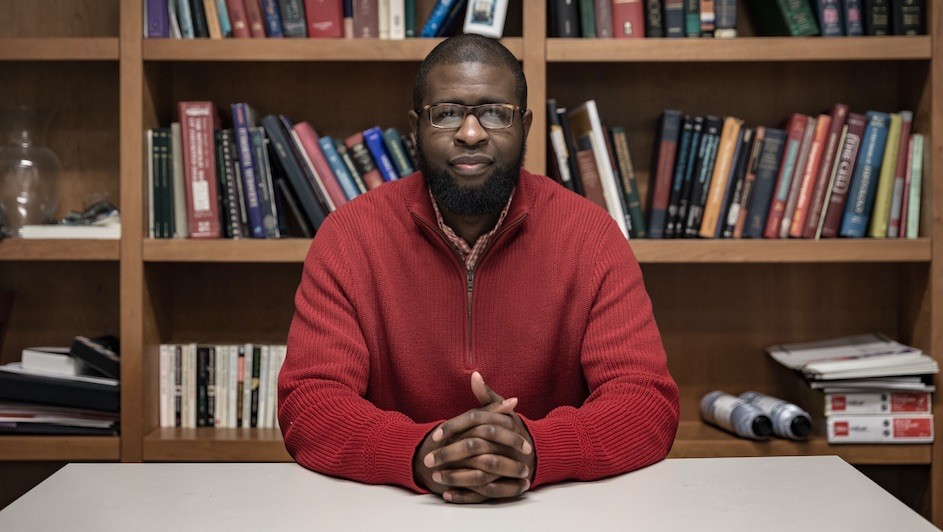
The Abdus-Saboor lab will explore how the brain processes the physical sensation and emotional experience of pain.
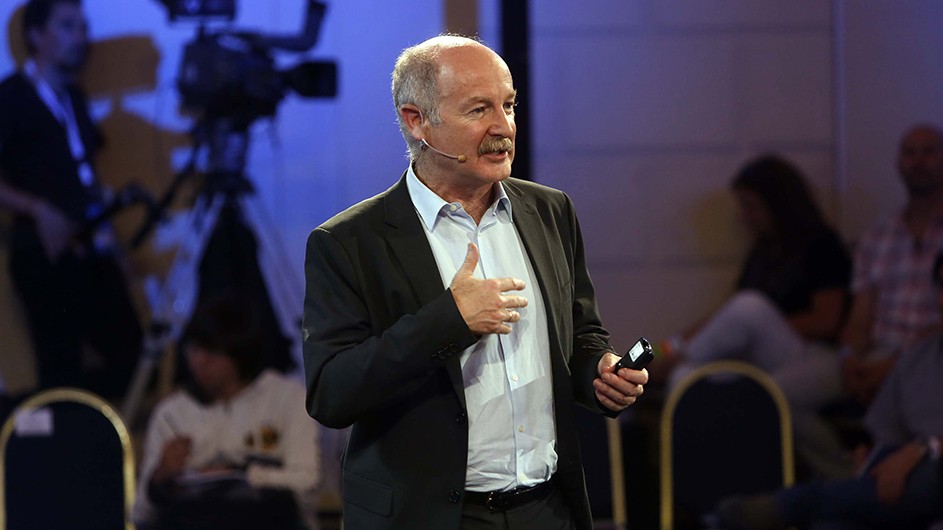
Rafael Yuste, professor of biological sciences and director of Columbia's NeuroTechnology Center, has coauthored a report commissioned by the U.N.

Postdoc Robert Fernandez studies the nervous system of roundworms and helps students from underrepresented backgrounds pursue science.